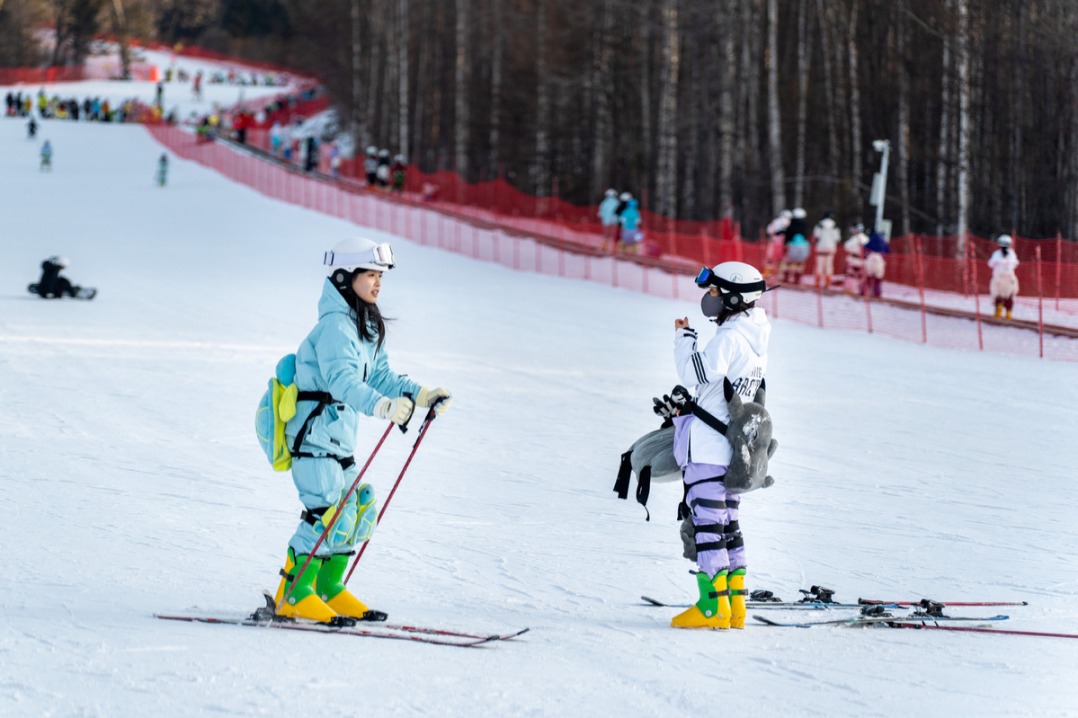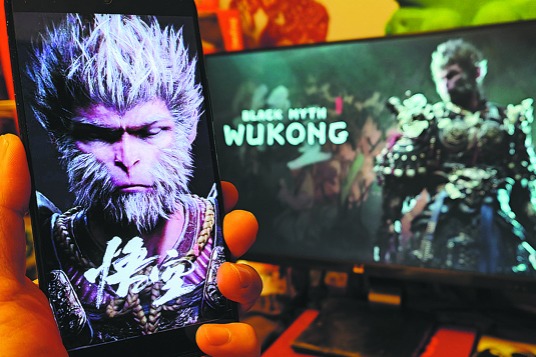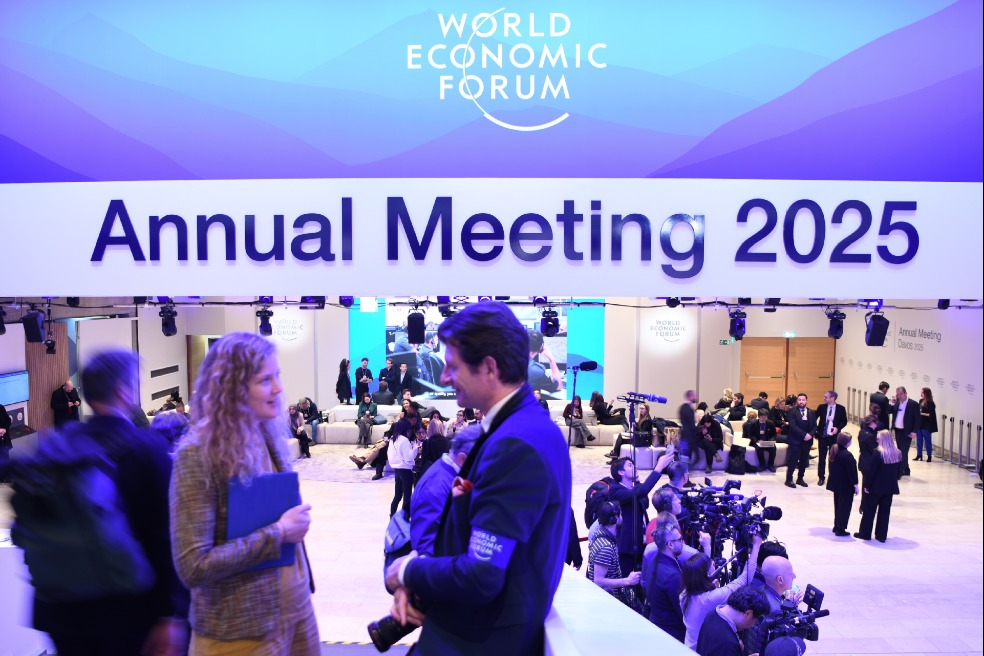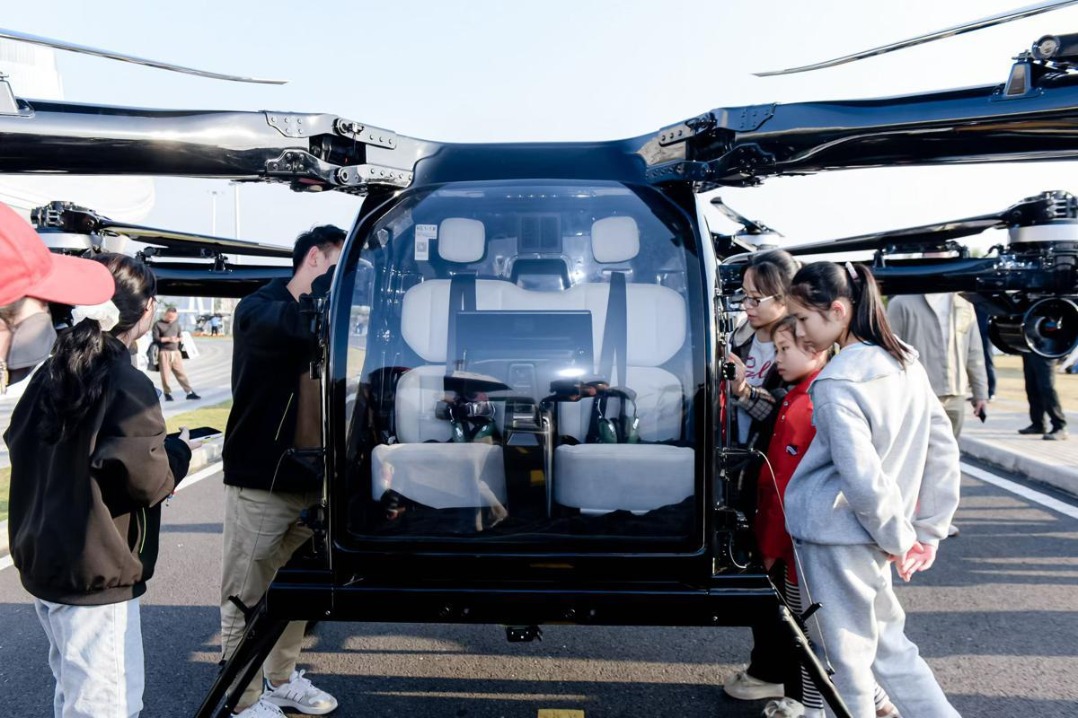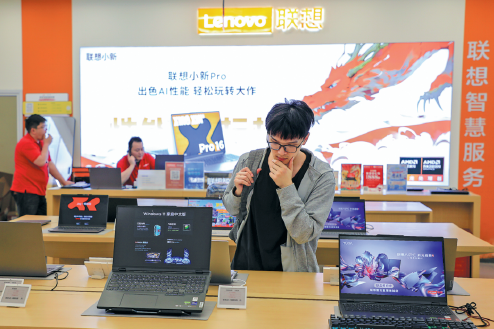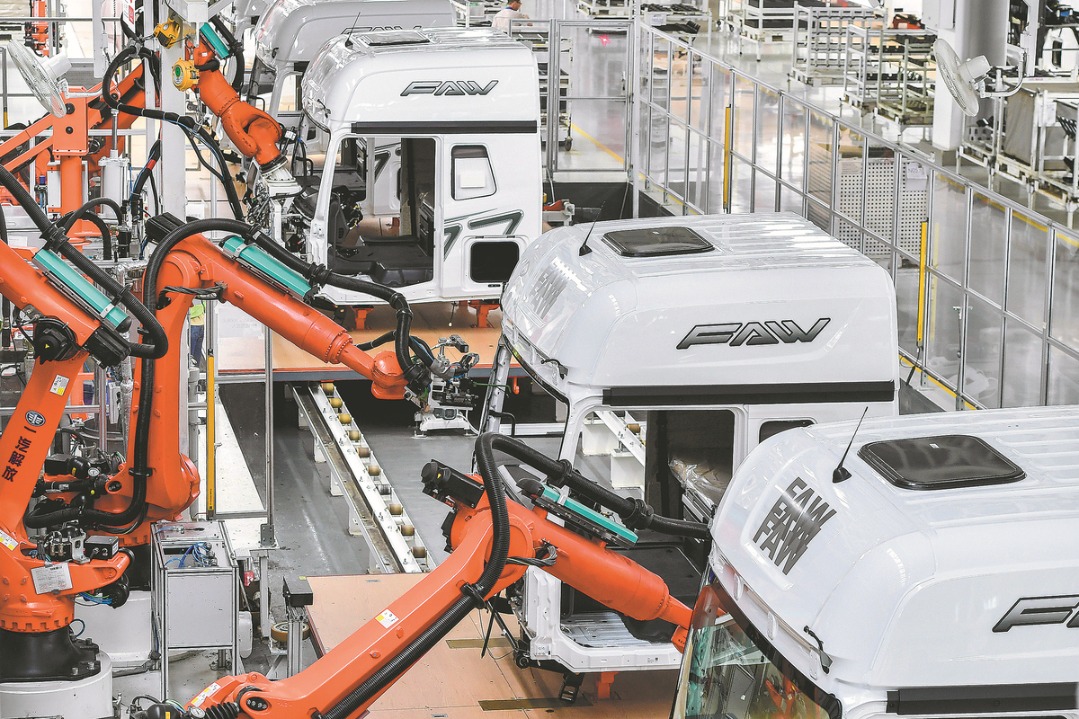Nuclear energy provider powering on amid outbreak


All 800,000 units of medical equipment sent to Wuhan, the hardest-hit city from the COVID-19 outbreak in China, were given free radiation sterilization services, said Wang Dingquan, deputy chief engineer of CIRC.
He said it usually takes 7 to 14 days to sterilize using chemical methods, but radiation sterilization only takes a day, which significantly improves efficiency for areas with huge demand of such products.
"Medical protective garments were not produced in a completely clean environment and bacteria or viruses may harm patients and doctors, so sterilization is necessary," Wang said. "The gowns were transported to our radiation station and were sterilized on conveyor belts before being handed over to materials coordination departments in sealed packages."
He added that from February to March, the company sterilized up to 60,000 medical protective garments a day, free of charge. The monthly cost of such services to the company is about 1 million yuan ($141,000).
Compared with traditional chemical sterilization, radiation sterilization is more efficient and environmentally friendly as it doesn't leave any chemical residues, Wang Naiyan, a nuclear physicist at the Chinese Academy of Sciences, told the magazine China Nuclear Industry. It can be used to kill cells that contain the virus, he said.
Wuhan CNNC CIRC Clinical Laboratory received approval to carry out nucleic acid tests in late February, and has been able to test between 300 and 500 samples a day.
"Some small and medium-sized hospitals are not qualified to do tests, so they send the samples to us," Wang said, adding the work is dangerous for technicians due to the risk of infection. "When everyone is running away from the virus, they get close to it."
CNNC sent 47 medical workers to Hubei province, and donated more than 64 million yuan, 118,000 surgical masks and about 40 metric tons of alcohol-based disinfectants to the region. It also donated medical supplies valued at about 2.48 million yuan to its partners in 24 countries and regions, including Italy, Iran, Pakistan and France.

















